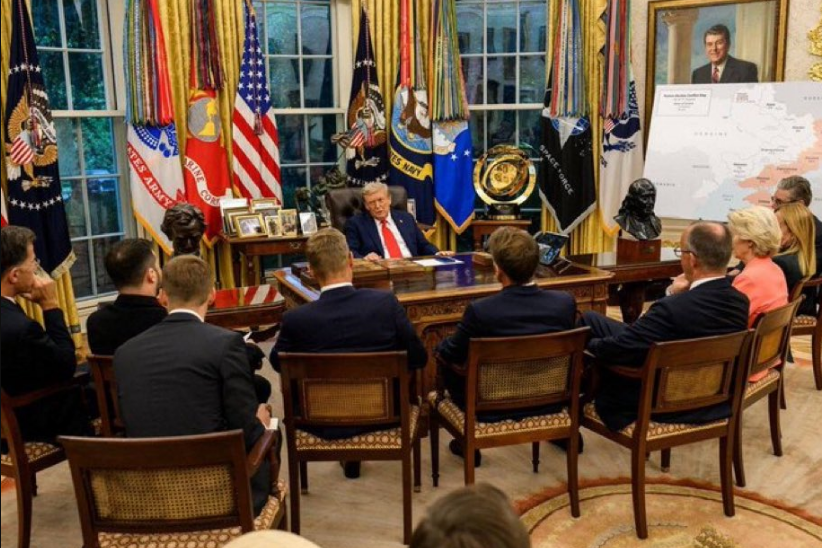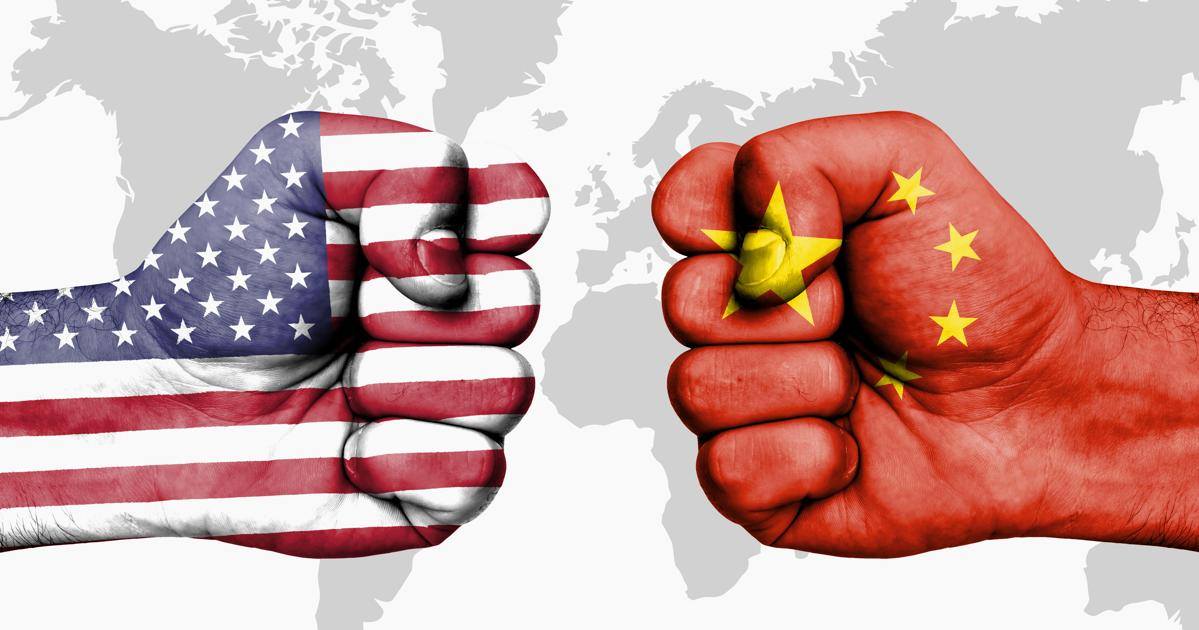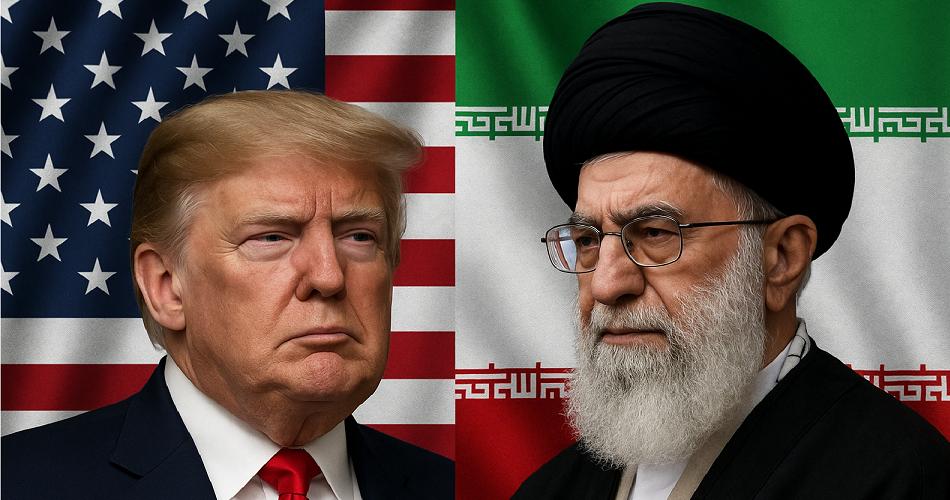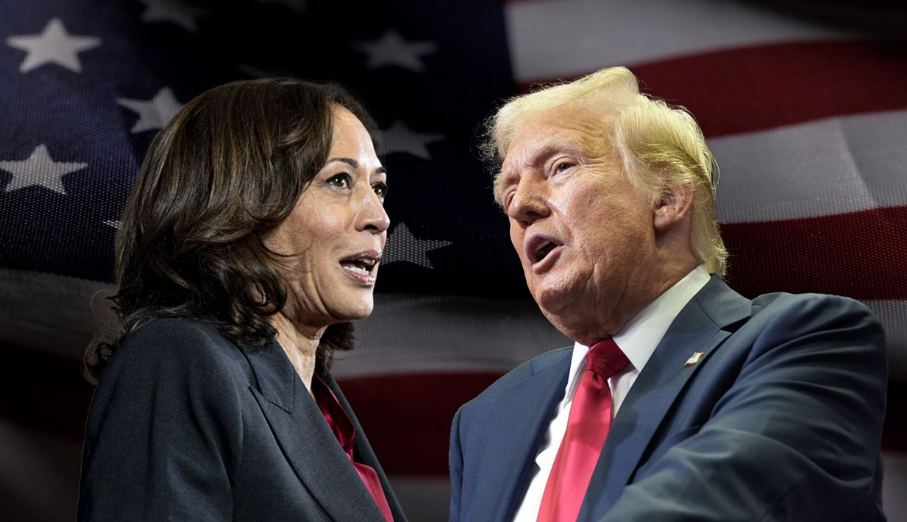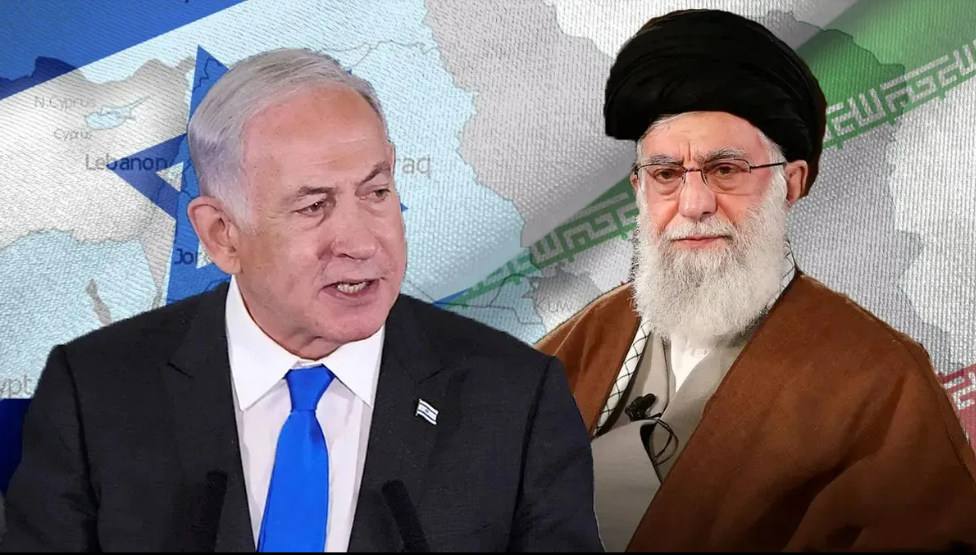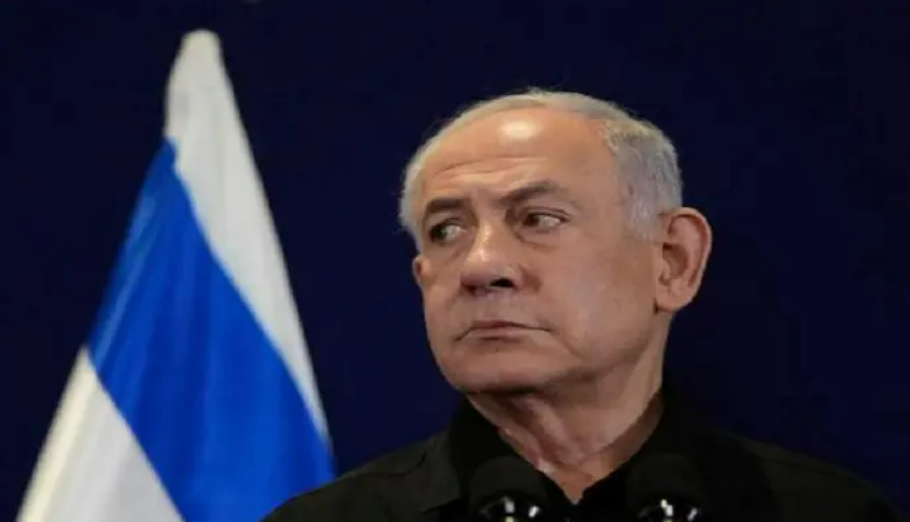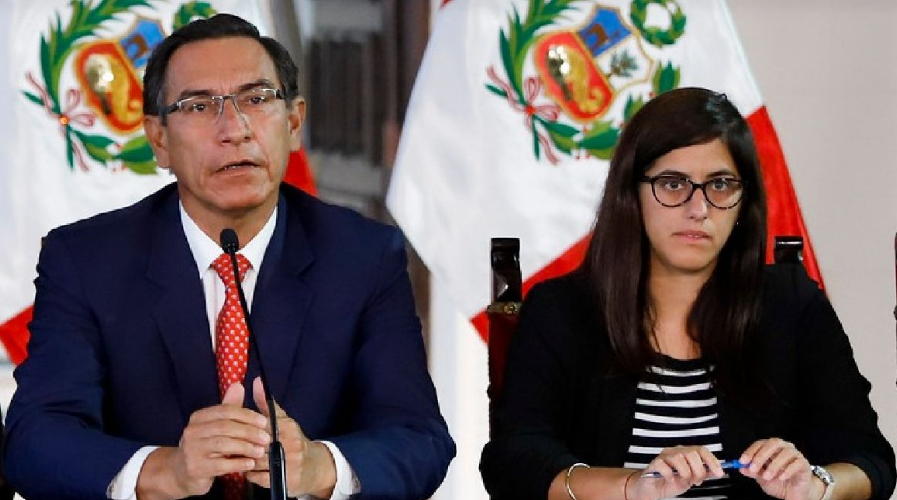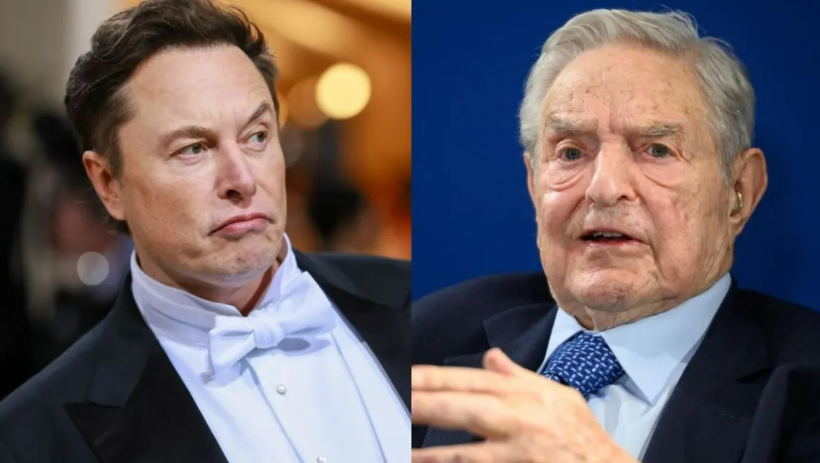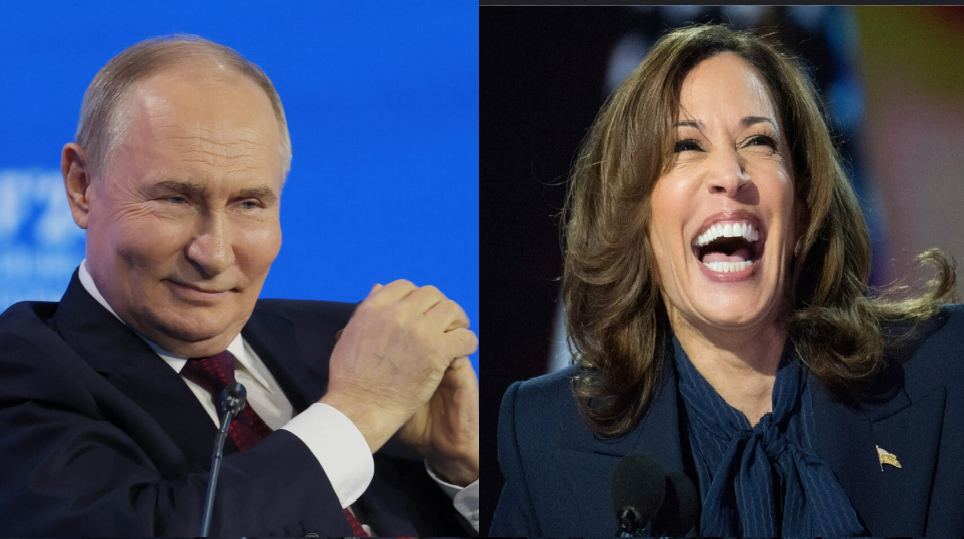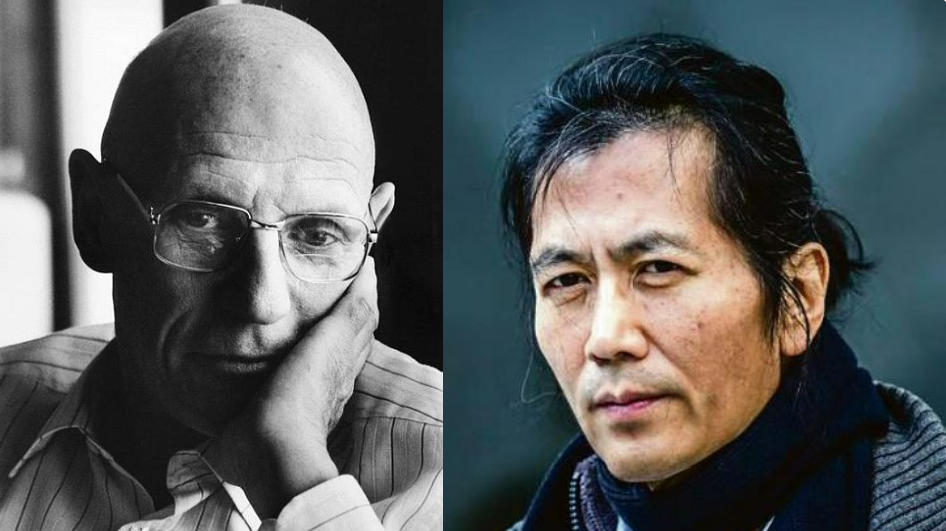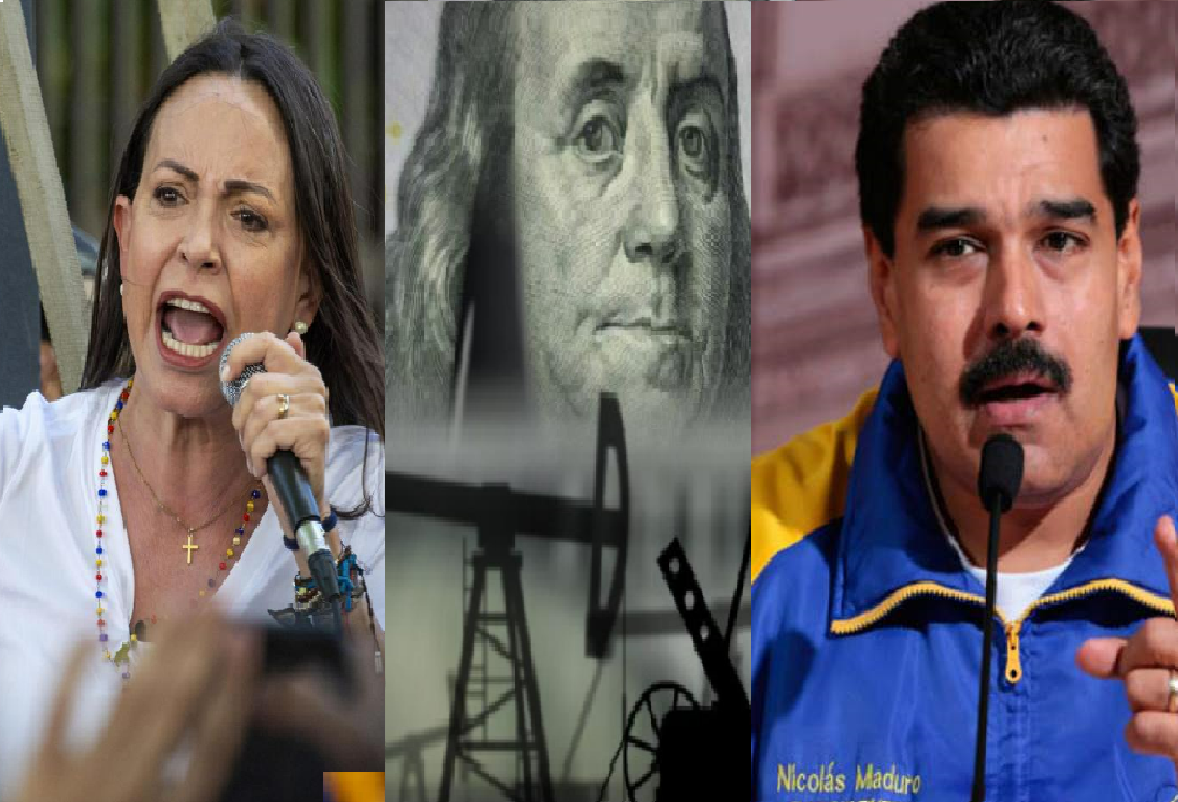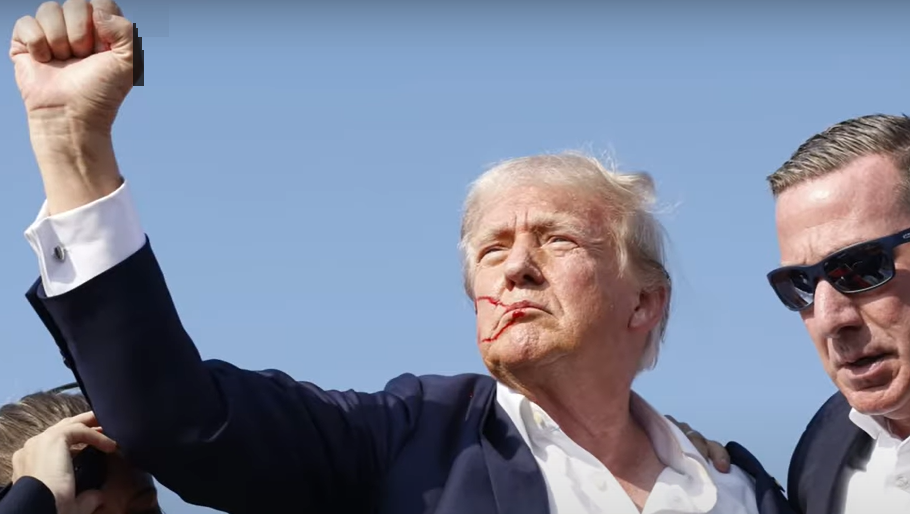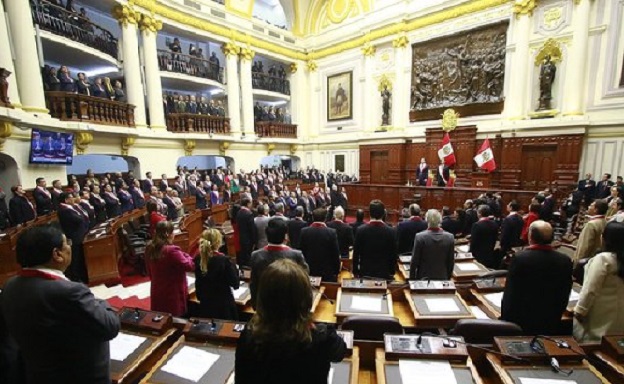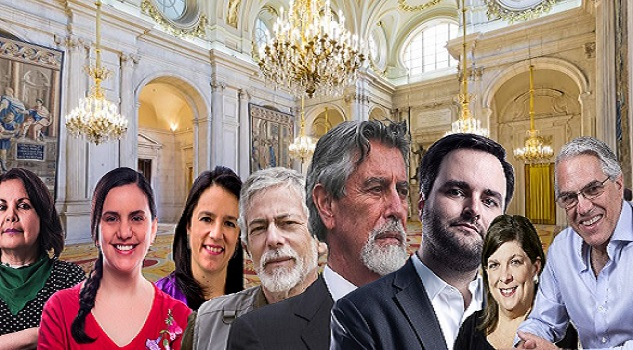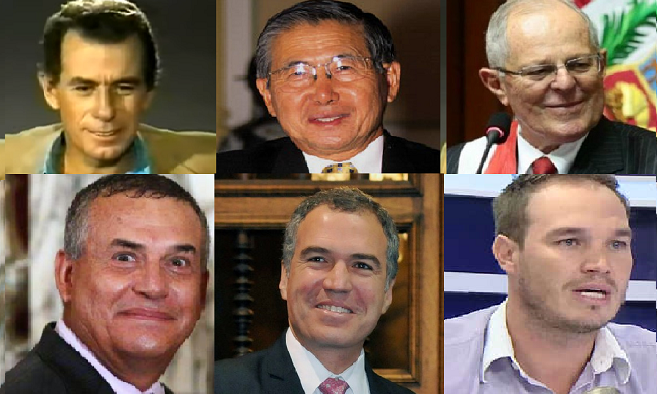
The “independents” of politics
<< The “independent” in politics is the informal of politics; It does not respond to ideology, doctrine, much less the discipline of a political party....>>
https://500palabras.pe/en/opinion.php?opinion_id=13
Visitas: 725
Independents in politics are the most current figures of our political culture, the latest product of our contemporary era that comes from the mid-80s to the present. The figure of the independent appears strongly in a context of global ideological crisis that caused the fall of the Soviet Union, causing the world to turn towards a market economy and liberal democracy in a world that was apparently going to be globalized. In short, the fall of the Soviet Union weakens socialist postulates around the world and takes for granted the ideas of the “free market” and liberal democracy as the “only truth.” Consequently, since there is a single truth, the world trend is no longer discussed based on opposing political ideologies, but rather by the “practical effects” of events in the short term: pragmatism as the new paradigm. In this context, South America became a version of this new liberalism in politics with the figure of the “independent” as the new representative of the emerging popular sectors -and of the traditional right-. Likewise, it could be said that the young generation of the nineties onwards has hardly seen politicians with militancy and with a defined ideological discourse. It is in this context that the “independent” option is due to a public figure whose letter of introduction is to declare himself as a person “without political ideology”, and, furthermore, not a member of any traditional party. It is in this way that the independent presents himself as someone far from any “ideological bias” that provides a basis for other new desktop political actors who will be his main allies: the "Technocrats." The “independent” in politics is the informal of politics; It does not respond to ideology, to doctrine, much less to the discipline of a political party. Very in keeping with our informal culture, right? Hence, each society has the rulers it deserves. The “independent” skips the rules of political participation such as internal elections, militancy, debate for the creation of new proposals, political programs, etc. He becomes a candidate for public office due to other qualities: fame, money and influence. Their gateway to running for office is almost always as a guest of a new party, and once they reach public office, they abandon or betray their party commitments; Therefore, it distances itself from any partisan political objective. Another reason for the entry of "independents" is because political parties almost always lack electorally winning candidates and tend to open the doors to guests to become a government, obtain seats in congress or councilors in a municipality. In short, pure pragmatism. Currently, the political culture has changed, displacing the almost lifelong partisan militants with improvised "independents." This has an impact on the political discourse, the intellectual level and the institutionality of political parties such as betrayal, the creation of new benches in Congress that do not represent anyone, divided decisions, caudillism and opportunism. Finally, The Independent is inserted into politics to fulfill a specific function: to continue a program pre-established by the dominant classes, hence its practical nature. It does not question the root of the problem, it only seeks to correct errors in what is established, but not necessarily, make changes.

